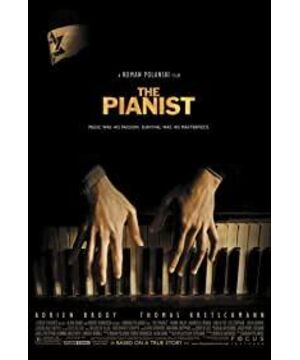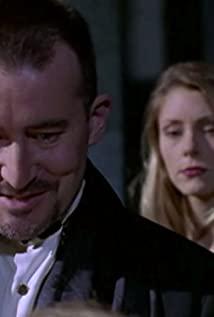What impresses me the most
What struck me most about this film was that the colonel who helped the pianist asked for the musician's help in the prisoner of war camp. The subtitles at the end of the film tell us his name, only that he ended up dying in a Soviet labor camp. Good deeds are not rewarded with good deeds.
Both Jews and Germans were tortured by the war. In a country that does not recognize the value of a group's existence, her people will also be abused by other countries.
The second thing that impresses me
The pianist walked on the street where the corpses of his compatriots lay, climbed over the wall and walked on the street among the ruins.
The third place that impresses me
Jews in revolting labor camps fight with German troops. Several people jumped from the balcony after the Germans set fire to it.
It is always said why the Jews did not resist, and when a few people resisted, their failure was so tragic.
The few who were still alive were finally shot against the wall by the Germans.
Fourth place that impresses me
The German guards pulled out a line of people from the team and executed the first ones with pistols in turn. When the last one was out of bullets. The man lying on the ground waiting looked at the soldier's reloading clip. Does he think it's a long time? Could it be more terrifying than no delay?
The fifth place that impresses me
The old father wanted to buy a piece of candy worth 20 yuan, and the family gathered it. He used a knife to cut the sugar into pieces for the family to eat. It was the family's last dinner.
There is also a part of the Jews themselves who abuse the Jews, and there are always some people who are willing to be the lackeys of the power in order to survive. But the captain-level figure released the pianist's younger brother, and even pulled the pianist out of the crowd sent to the concentration camp.
The wanton massacre of the Poles by the German army was explained by the two soldiers who threw the old man and the wheelchair from the upstairs in the front of the film. Simply, the audience and the pianist's family were witnesses. At first they also had hopes of declaring war between Britain and France, then they were moved to ghettos, then to labor camps, and finally to the train bound for the final settlement. They do not resist because they think there is still hope that they can endure unspeakable ordeals.
View more about The Pianist reviews











